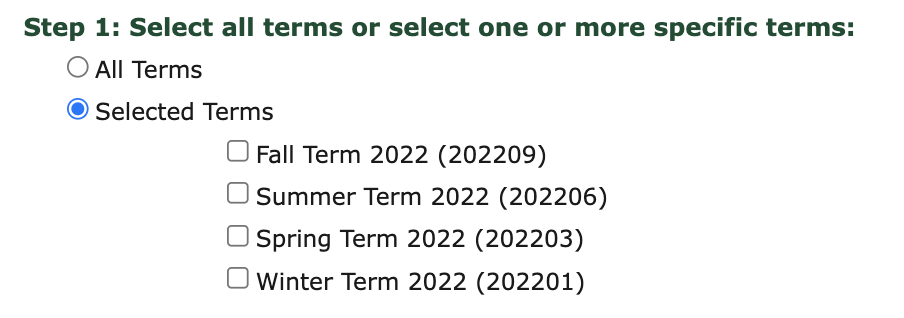
As course election for the upcoming Summer term and the following Fall term are happening on campus, I wanted to take some time to briefly discuss what I see as some flaws with Dartmouth’s elective system and its curriculum. As a Classical Languages Major, I am lucky that my education pathway is grounded in the study of Latin and Greek, hard skills that must be obtained first before delving into specific issues of the field – a rarity in the modern Humanities. As one pores over the many courses offered across the Humanities and some of the softer sciences, there is no foundation, and many of the courses that are offered are paradoxically all too broad and yet all too specific.
Simply put, a Dartmouth education lacks a foundation from a class perspective. The only courses that all Dartmouth students are expected to take are Writing 5 and a first-year seminar in freshman year – courses that can be beneficial in the right circumstances, but suffer from too much variation across offerings and fall behind in the one place which they are intended to catch everyone up to speed: writing. Furthermore, the distribution requirements, which are intended to provide students with a wide variety of classes for their course of study, can be easily gamed so a student can be sheltered from fields they might fear. From a personal example, while I am not bad at Math in any manner (in fact, I was quite good at it in High School), I fulfilled my Math Credit (officially known as QDS – Qualitative or Deductive Science) by taking a historical linguistics course known as “History and Structure of the Greek Language.” While it was one of my favorite classes that I have taken at the College and I encourage anyone who can take it to take it, the course lacked any math at all. (I believe the only mention of numbers was on the midterm when we had to demonstrate the etymology of the Greek word for one – εἷς.)
Even more specific distributions are the make-up of course offerings inside Humanities departments. Long gone are the days of comprehensive foundational courses which both gave students a wide array of knowledge to build on while also introducing them to the inner logic and workings of the discipline. Just for an example, I will list the upcoming offerings for Religion 1: “Religion and Drugs,” “Religion and Gender,” “The Religion of Things,” “Getting it: Sex and Religion.” Perhaps the department which suffers from this problem the most is the English Department where English 1, 2, and 3 are infamous among majors as the most painful classes to take in the department. These classes are meant to be foundational, offering a literary history across three time periods – Medieval, Early Modern, and Modern. While one would figure these classes to be populated by newcomers to the field who wish to discover the lay of the land, these courses are filled with Junior and Senior English majors who have pushed off this major requirement to the last minute. These courses are taught by professors who seemingly have no interest in teaching a broad intro class (preferring their niche specialties instead) and then construct syllabuses that must be purposeful in how boring they are. I know personally of one English major who waited until his senior spring to take English 3, and of course, when he got there, he had to sit through ten weeks of class where somehow the instructor created an entire syllabus on Modern English Literary History with no white male authors.
The elective system has incentivized classes to seek students first then knowledge second. A whole industry of Humanities classes has sprung up with the seemingly explicit goal of attracting non-humanities students to boost numbers and make it appear as if these niche specialties do have a real audience. The practice of taking a “layup,” or an easier course a student elects to supplement harder courses, is so normalized on campus that no one bats an eye at its presence, and one constantly finds their peers taking courses in which one knows there is no academic interest, but simply the promise of an easy “A.” These layups are almost entirely concentrated in humanities classes. Are econ majors genuinely interested in Shintoism? Did comp sci majors suddenly find a passion for Contemporary Poetry? While taking a class to explore an interest outside of one’s major in the right circumstances can be highly productive and should be encouraged, constantly taking random classes merely for the reputation the class has as being light on work and grading creates a situation where the overall portrait of one’s education is a hodge-podge of randomness with no coherent message outside of “I like to have high grades.”
While this lamentation might just be dismissed as another conservative complaint about the state of higher education, I am not asking Dartmouth to completely overhaul its course offerings. I am simply encouraging that current students be intentional with the classes that they choose when confronting the beast of course election. Going to college is primarily an educational experience after all, and I hope that academics still has some role left in that education. When picking classes, try to pick classes that actually build – not deconstruct – knowledge, and be purposeful in what you are accomplishing at this college. Make a plan of study, pick classes that complement one another, and be intentional in going about it. There is still an education to be gained at Dartmouth, though one must seize it themselves.

Be the first to comment on "On Course Election"